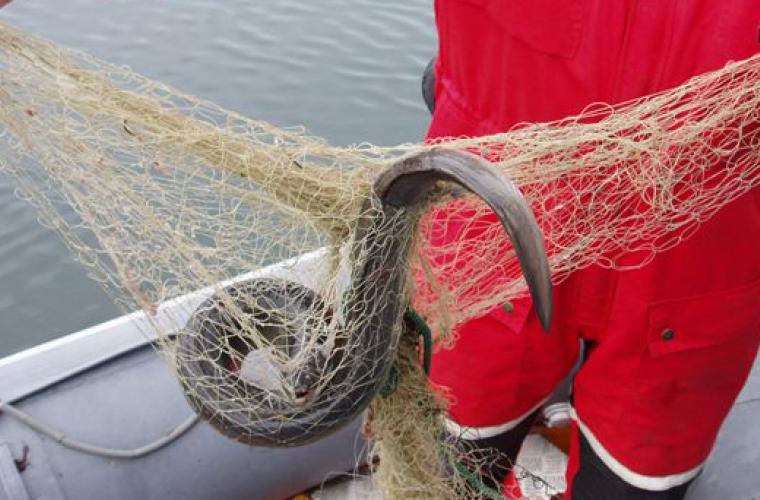AGRIFISH agreement: EU member states ignore facts and science - active fishing for critically endangered eel is not banned
With no support in facts or science [1], the EU fisheries ministers have decided to continue chasing the critically endangered eel. The EU Member States actively opposed to sensible proposals to further the survival of European eel and the same Member States must now go to the Montreal COP15 and declare that “we should create a shared future for all life on earth – except for eel”.

Today the Fisheries Council decided [2] to continue targeting the critically endangered eel. The EU Commission proposed a consecutive six-month ban of fishing but this was aggressively opposed by countries led by France, Sweden, Denmark and Spain. The Commissioner called out the Member States as being dishonest in their approach, considering that they have during the past year written and spoken about further measures to protect the eel multiple times. Now, when a proposal to actually safeguard migration of adult eels as well as recently born eels was on the table, they shoot it down.
The original proposal was watered down to be a three plus three-month ban but with options for derogation and opening up the chance for Member States to place the closure period when it has little or no impact. The Member States acted with no support in science and instead, against facts and figures presented over 20 years, pushed forward another massive loophole to continue active fishing on this critically endangered species.
“It is as if they intentionally wants to kill off the last eels by both allowing fishing to continue and at the same time not doing anything to improve eel habitats and migration routes. Most member states cannot even close their own internal waters for recreational fishing, a fishing for fun on an endangered species, even though anglers support such a ban!” says Nils Höglund, CCB Fisheries Policy Officer. He continues: “It is now difficult to take these countries statements and words seriously in anything related to biodiversity protection. We must applaud the Commission for trying and for pressuring the Member States, knowing that even the proposal for a 6-month ban was not enough but at least something.”
FURTHER INFORMATION:
[1]
ICES Advice on European eel (3 November 2022).
[2] The full outcome of the Agrifish council is available here:
- TAC decided: https://www.consilium.europa.eu/media/60787/2023-tacs-table-final.pdf
- Council website with press materials: https://www.consilium.europa.eu/en/meetings/agrifish/2022/12/11-12/


